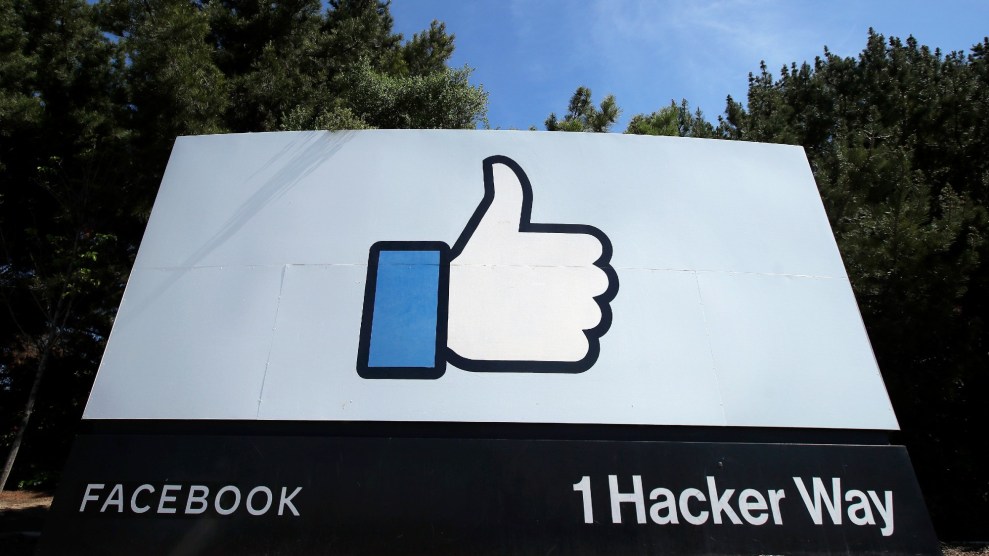
Jeff Chiu/AP
Ahead of a TV interview and a Senate hearing this week where a Facebook whistleblower will come forward, executives from the social media behemoth are mounting a counter-campaign against her allegations.
The Facebook whistleblower has been in the news, albeit anonymously, thanks to a Wall Street Journal investigation that last month revealed that she had turned over a slew of internal Facebook research to the Securities and Exchange Commission. The research showed the myriad ways in which Facebook is aware that its products harm users yet does little to stop it, prioritizing profit over human safety. The whistleblower is set to reveal her identity in an interview with CBS’s 60 Minutes on Sunday night. She’ll then testify before a Senate committee on Tuesday.
On Friday, Nick Clegg, Facebook’s vice president of policy and global affairs, sent a 1,500-word internal memo to staff in an attempt to get ahead of her interview. He wrote to staff that the whistleblower would be accusing Facebook of contributing to the January 6 storming of the US Capitol by loosening security too soon after the November election, and of stoking political polarization in the United States. The memo, which was leaked to the New York Times, vehemently denies these allegations. In a Sunday appearance on CNN’s Reliable Sources, Clegg called the notion that Facebook contributed to the January insurrection “ludicrous,” despite the fact that much of the violence that day was planned on Facebook’s platform.
One of the most explosive sets of internal documents revealed by the whistleblower shows a slide deck presenting Facebook’s own research concluding that Instagram is harmful to young people, and especially to teenage girls. The research found, for instance, that one in three teenage girls reported an increase in body image issues thanks to the social comparisons they’re exposed to for hours on the platform. The slides also note that teens on the platform blamed it for increases in anxiety and depression, and that 13 percent of suicidal British teen users and 6 percent of American ones blamed Instagram for their desire to kill themselves.
Since the WSJ made the whistleblower’s Facebook documents public, multiple lawmakers have accused the company of replicating the playbook of tobacco companies, who for years knew their products were deadly to consumers, but hid those facts in service of continuing to sell cigarettes.
"A part of me feels like I'm interviewing the head of a tobacco company right now," @brianstelter to Facebook's Nick Clegg. pic.twitter.com/rjijitPHYB
— Donie O'Sullivan (@donie) October 3, 2021
The revelations about Facebook’s Instagram research led to a Senate subcommittee hearing this week about Instagram’s impact on teen mental health, where senators grilled Antigone Smith, Facebook’s global head of safety, and returned to the cigarettes comparison again and again.
“Facebook is just like Big Tobacco, pushing a product that they know is harmful to the health of young people, pushing it to them early, all so Facebook can make money,” Sen. Ed Markey (D-Mass.) said at the hearing
“In truth, Facebook has taken Big Tobacco’s playbook,” said Sen. Richard Blumenthal (D-Conn.). “It has hidden its own research on addiction and the toxic effects of its products.”
On CNN on Sunday, host Brian Stelter reiterated this criticism, saying that he felt like he was interviewing the head of a tobacco company, and asked Clegg to respond to these proliferating comparisons.
“I think they’re profoundly false,” he answered. “I don’t think it’s remotely like tobacco…There has to be a reason that a third of the world’s population enjoys using these apps. They do it because they like exchanging their views, their feelings, and their experiences.”












